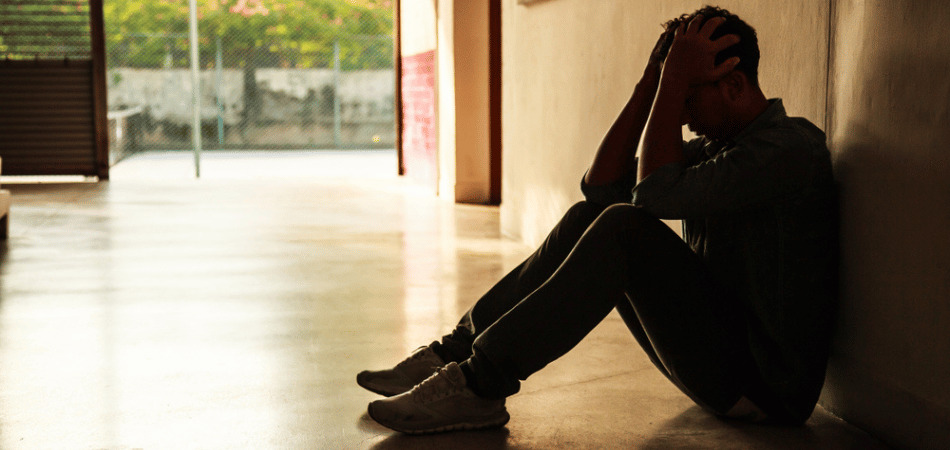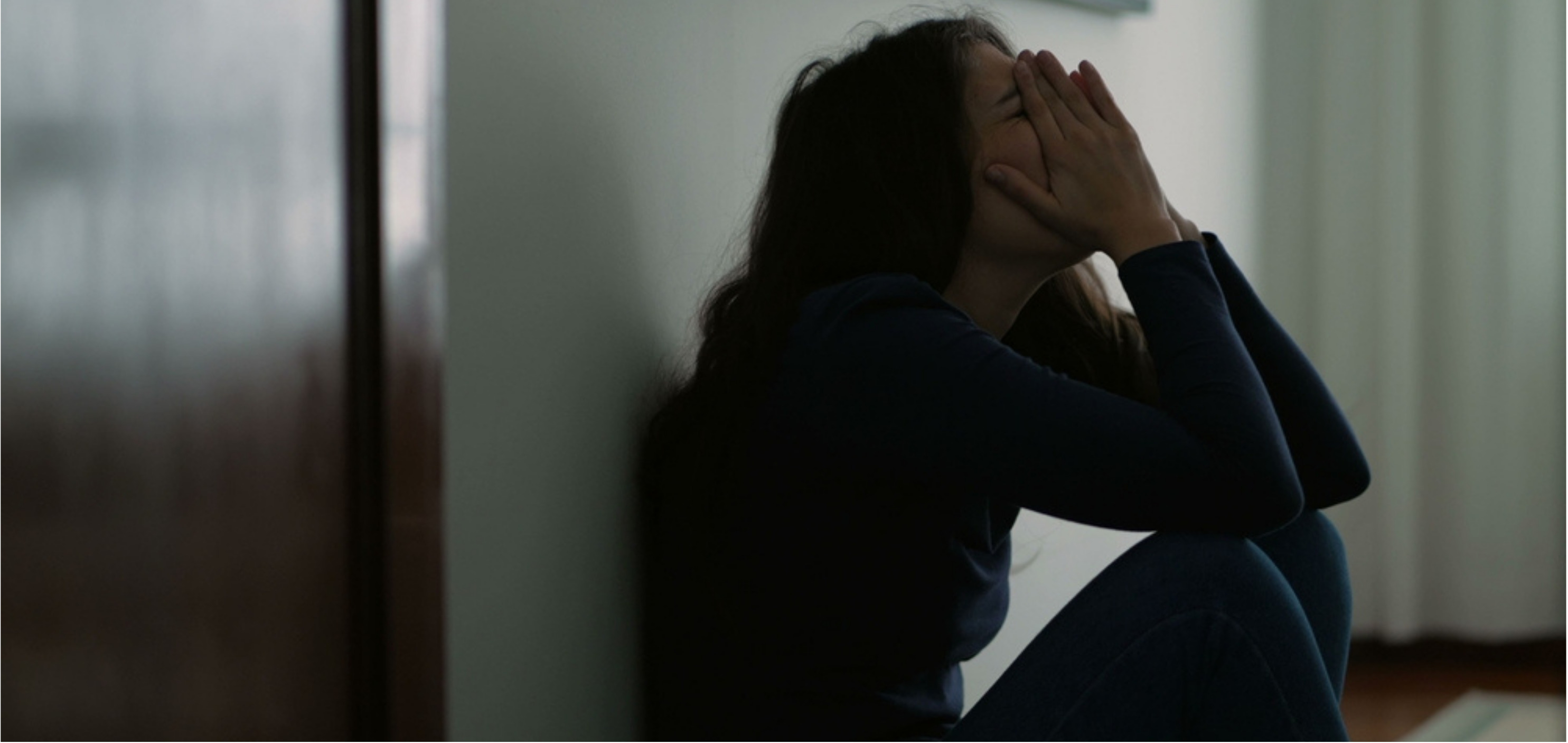Last Updated:
April 25th, 2025
Grief and Addiction | Symptoms and Treatment Options
Grief has a way of consuming everything – your thoughts, your energy and even your sense of self. In the search for relief from the weight of such intense sadness, some people turn to substances or addictive behaviours as a temporary escape. While this might dull the pain for a fleeting moment, addiction only adds another layer of heartache, pulling you further from healing. The good news is that you don’t have to face this struggle alone. With the right support from Recovery Lighthouse, you can break the connection between grief and addiction, find new ways to cope with the emotional pain and honour your loss more healthily.

What is grief?
Grief is the heartbreak that follows loss, a powerful mix of emotions that is a natural but often brutal part of the human experience. We often think of grief as being only a response to death, but it can also arise from the end of a relationship, losing a job or even a major life transition like retiring.
Grief is a deeply personal journey, and the symptoms of grief are different for different people. It may cause anger, sadness, confusion and other mental health issues, which can crash over you like a tidal wave or needle at you incessantly under the surface.
While grief can be disorientating, it is important to understand that it is a reflection of the love and meaning that person or thing brought to your life. If processed in a healthy way, grief can actually be a transformative experience and one that is uniquely beautiful.
What causes grief?
The causes of grief lie deep within our biology, psychology and personal experiences. At its core, grief is the brain’s way of processing a profound change. When we lose someone or something deeply meaningful, our brains struggle to reconcile the absence and activate the same responses to physical pain. This is why grief really does “hurt”.
On a psychological level, losing someone or something significant disrupts our sense of stability and identity. Our thought patterns can become consumed by memories, regrets or “what-ifs,” making it hard to focus on anything else. Depending on the relationship and circumstances, this can lead to a range of emotional responses like sadness, anger, guilt or even relief.
Grief is also affected by hormones like cortisol, the stress hormone, which floods the body during periods of intense loss. This biochemical response can explain why grief often feels exhausting and why physical symptoms of grief such as fatigue, trouble concentrating and body aches mirror those of stress.
What are the 7 stages of grief?
While there is no “normal” for mourning, the seven stages of grief are a framework that helps us understand the emotional journey many people experience after a loss. While everyone grieves differently and not everyone will go through all these stages in a neat order, they can provide insight into the complex emotions involved:
How do grief and addiction link?
Grief and addiction are often experienced as a dual diagnosis, forming a destructive partnership that intensifies both struggles. In the early stages of grief, alcohol, drugs, or even compulsive behaviour like sex or gambling can feel like a way to take the edge off the overwhelming sorrow. However, this numbing effect prevents the natural processing of emotions, leaving grief unresolved.
Over time, reliance on some external form of solace can then grow into a full-blown addiction, which complicates grief, making it harder to confront and work through feelings of loss. Instead of healing, the grief often festers beneath the surface, intensifying as addiction takes hold. This creates a dangerous loop where grief fuels addiction, and addiction deepens grief, keeping you stuck in a cycle of emotional pain and dependence.

Treatment options for grief and addiction
When grief and addiction co-exist, rehab treatment must address the deep emotional pain for effective recovery from addiction. Recovery Lighthouse’s treatment will put your grief under the microscope so you can work through the pain and prevent it from causing a relapse.
Here are some of the most effective therapies which you will find at our centre:
Get help for addiction and grief today
Carrying the weight of grief and addiction can feel unbearable, but you don’t have to carry it alone. At Recovery Lighthouse, we can help lighten that load. With compassionate care and expert guidance, we will help you break free from addiction while honouring your grief in a healthy, meaningful way. Contact us today and rediscover hope and happiness.
Frequently Asked Questions
(Click here to see works cited)
- Mendoza, Marilyn. “The Role of Grief in Addiction.” Psychology Today, 11 February 2023, https://www.psychologytoday.com/intl/blog/understanding-grief/202302/the-role-of-grief-in-addiction. Accessed 10 December 2024.
- UK Rehab. “Dual Diagnosis | Co-Occurring Disorders.” UK Rehab, https://www.uk-rehab.com/mental-health/dual-diagonosis/. Accessed 10 December 2024.
- UK Rehab. “Grief and Addiction | Mental Health and Addiction.” UK Rehab, https://www.uk-rehab.com/mental-health/grief-and-addiction/. Accessed 10 December 2024.
- Chambers, R Andrew, and Sue C Wallingford. “On Mourning and Recovery: Integrating Stages of Grief and Change Toward a Neuroscience-Based Model of Attachment Adaptation in Addiction Treatment.” Psychodynamic psychiatry vol. 45,4 (2017): 451-473. doi:10.1521/pdps.2017.45.4.451. Accessed 10 December 2024.
- Caparrós, Beatriz, and Laura Masferrer. “Coping Strategies and Complicated Grief in a Substance Use Disorder Sample.” Frontiers in psychology vol. 11 624065. 15 Jan. 2021, doi:10.3389/fpsyg.2020.624065. Accessed 10 December 2024.


